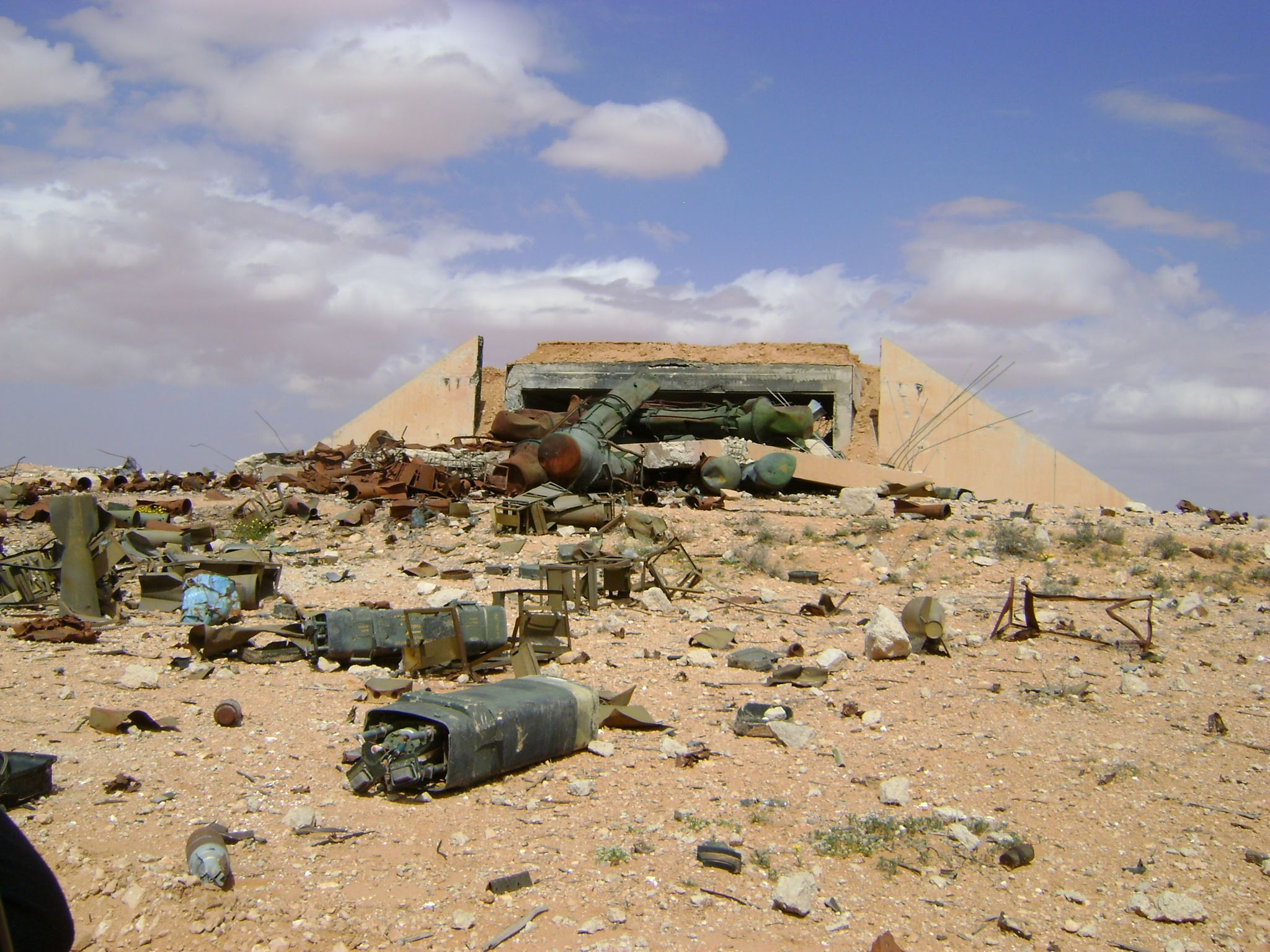
Armed Conflict & Civilian Protection
IHRC strives to improve protections for civilians affected by armed conflict through a combination of field research, norm building, and treaty negotiation and implementation. Students have worked on a range of projects that have sought to prevent harm to civilians (such as by calling for targeting practices that minimize civilian casualties) or to remediate existing harm (including by advocating for victim assistance and clearance of remnants of war). IHRC is widely recognized as a global leader in the field of humanitarian disarmament, an approach to governing weapons that aims to reduce arms-inflicted human suffering and environmental damage. In this capacity, IHRC and its students have been heavily involved with the campaigns to ban cluster munitions, landmines, and nuclear weapons; negotiate a new treaty on autonomous weapons systems (“killer robots”); control the arms trade; strengthen international law on incendiary weapons; and develop new commitments on the use of explosive weapons in populated areas and on toxic remnants of war. IHRC’s work on civilian protection draws in particular on international humanitarian law, international human rights law, and international environmental law. This area of work is supported through IHRC’s Armed Conflict and Civilian Protection Initiative.
Meet the Clinicians who work in this area:
Representative Projects
IHRC significantly influenced the outcomes of the June 2022 First Meeting of States Parties (1MSP) to the 2017 Treaty on the Prohibition of Nuclear Weapons (TPNW). Thanks to IHRC’s prior work, the TPNW includes positive obligations to assist individuals affected by past nuclear weapons use and testing and to remediate environmental contamination. Students have shaped implementation of these provisions through numerous advocacy publications as well as two major reports, co-published with the Conflict and Environment Observatory, that outline principles for assisting victims and remediating the environment in this context. At the 1MSP in Vienna, clinicians and students advocated for their position, in close coordination with the International Campaign to Abolish Nuclear Weapons (ICAN), 2017 Nobel Peace Laureate. The 1MSP’s final documents reflected most of IHRC’s recommendations for operationalizing the positive obligations.
IHRC has played a lead role in the campaign to better protect civilians from the effects of explosive weapons in populated areas (EWIPA). The use of explosive weapons, such as airdropped bombs, artillery shells, rockets, and missiles, in populated areas is one of the major causes of civilian casualties in contemporary armed conflict. IHRC, in partnership with Human Rights Watch, was deeply involved with the negotiation of a new international political declaration, which commits states to strengthen protections for civilians from EWIPA. The declaration text was finalized in June 2022, and students prepared a publication laying out a strong interpretation of its provisions that was released in advance of its November signing conference in Dublin. IHRC also conducted field research on the harm that EWIPA causes. In 2016, a student team went to eastern Ukraine with their supervisor and the Dutch peace organization PAX to document the effects of bombing and shelling on healthcare facilities during earlier fighting in the region.
Together with IHRC partner the All Survivors Project, teams of students developed the 2020 Principles on the Prevention of Conflict-Related Sexual Violence in Detention Settings, international soft law guidance that fills a gap in prevention and response to conflict-related sexual violence. Drawing on these principles, IHRC and its partners submitted a shadow report to the Human Rights Committee in 2021, outlining Turkey’s responsibilities to the large numbers of Syrian refugees living within its borders who are survivors of conflict-related sexual violence connected to detention settings. This work builds on the IHRC’s advocacy on refugee rights and partnership with the Norwegian Refugee Council, one of the world’s largest leading humanitarian organizations, promoting the rights of Syrian refugees in Jordan and camp-based refugees in Kenya.
